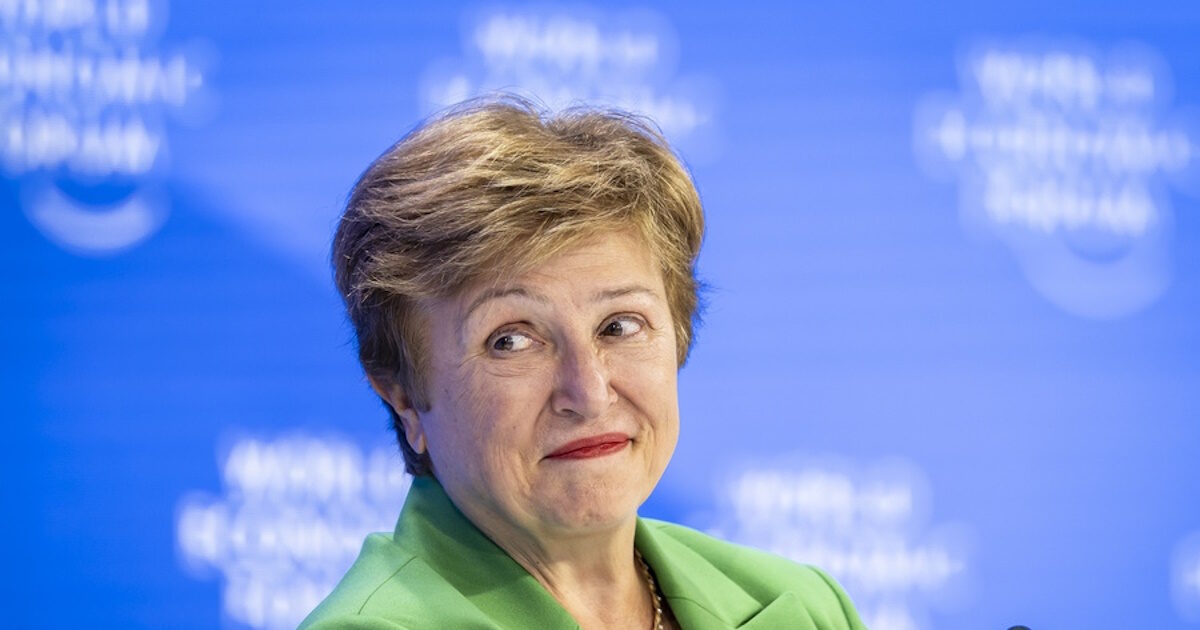The pressure of the US president Donald Trump For sweeping duties it creates great uncertainty and affects trust, but it is not likely to cause a short -term recession, the Director General of the International Monetary Fund said yesterday (31.3.2025).IMF) Cristalina Georgieva.
Georgieva, in her first major interview with the assumption of Trump’s duties, underlined the challenges facing a global economy that continues to record sluggish growth after the wounds from Covid19, but warned not to worry too much. The IMF is likely to slightly reduce the economic perspectives on the next update of global economic forecasts in about three weeks, but “we do not see a recession on the horizon,” Georgieva said in an interview with Reuters.
“What we see in high frequency indicators really shows that consumer confidence, investor confidence is a bit weakened, and we know that this is then translated on an impact on growth prospects,” he said. However, the IMF has not yet seen a “dramatic impact” from the duties that Trump has been implemented and threatened so far from his return to the White House, he said.
The IMF raised in January its estimation of global economic growth in 2025 to 3.3% from 3.2% in its previous estimation in October, with an upgrade of half a percentage percentage of the US prospects at 2.7% to represent most of this ascend.
Now, however, Georgieva expects that the updating of the Weo in April, when the IMF holds its spring meetings in Washington, will reflect a small “correction” down the estimates, he said. While today’s impact was average, Georgieva warned that many countries had exhausted their fiscal and monetary margin during Covid and now had high levels of debt, limiting their ability to respond to future shocks.
Any deceleration or reversal of the deflation process could slow down interest rates and make it more difficult to refinance the debt of the countries. Commercial developments could slow grow in the US, but its overall prospects remain “okay”, Georgieva said.
The planned increase in Europe’s defense spending and Germany’s decision to abolish the debt brake, which he described as “self -injury” meant that the provision for the development of the area could be slightly lifted. China had to use its policy margin and focus on increasing domestic consumption, he said.
